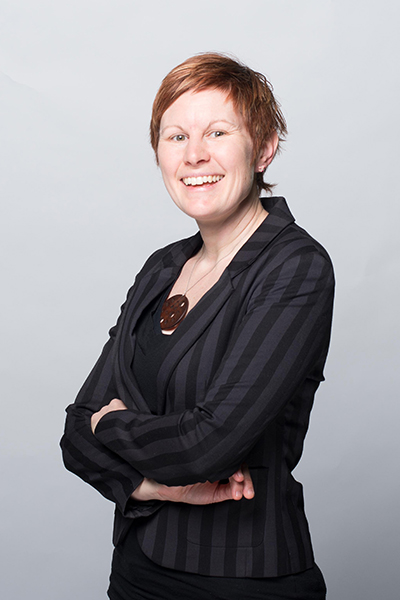The Faculty of Creative and Critical Studies is committed to supporting and encouraging our students to reach their full potential while at UBC Okanagan. FCCS Research Awards provide funding for both undergraduate and graduate students.
The Faculty is now accepting applications from undergraduate students to pursue innovative and original research as part of their learning experience. The awards supports the production and dissemination of graduate student research and knowledge creation (i.e. creative arts) activities as well as support for undergraduate students to engage in research and creation activities over the summer months.
Domestic and International students who are enrolled in a major in FCCS B.A. or B.F.A. programs (English, Cultural Studies, Art History and Visual Culture, French, Creative Writing, Visual Arts, or Combined Majors) are eligible to apply for these research awards, with a deadline of February 26, 2019.
Award Details
Domestic students: 2 awards, $2,500 each
International students: 1 award, $9,000
Deadline to apply: February 26, 4:00 p.m.
Full guidelines and application: fccs.ok.ubc.ca/students.html (under the Funding & Awards heading)
Past award recipients
Jessica Bonney, a Creative Writing Major used the Undergraduate Student Research Award fund for a research creation project exploring small press and fine press publishing through the creation of a poetry chapbook.
With the support from The Undergraduate Research Award, Art History and Visual Culture student Asia Li worked on a project to research and write an advisory report for the Armstrong Heritage Advisory Committee and the City of Armstrong on the topic of the city’s proposed Chinese memorial to the Chinese market gardeners of Armstrong and their legacy.
Brandon Taylor, and English major, worked on a research project that involved a critical investigation of how contemporary American commercial television programming creates empathetic routes toward sociopaths and what this relationship implies.










